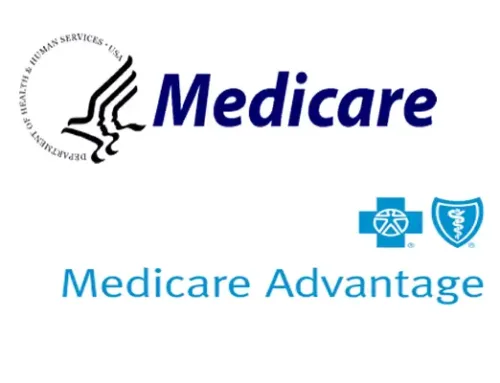Physician advisors have become indispensable for several reasons:
- Navigating Complex Healthcare Systems: Healthcare systems are becoming increasingly complex, with numerous regulations, payer requirements, and quality metrics. Physician advisors serve as guides, helping healthcare organizations navigate these complexities efficiently.
- Ensuring Compliance and Documentation Accuracy: With constantly changing regulations and requirements, ensuring compliance and accurate documentation is crucial for healthcare organizations to avoid penalties and maintain revenue. Physician advisors assist in this by providing expertise on coding, billing regulations, and documentation standards.
- Improving Revenue Cycle Management: Physician advisors play a key role in revenue cycle management by identifying opportunities for revenue enhancement, reducing denials, and optimizing reimbursement processes. Their clinical expertise allows them to ensure that services rendered are accurately captured and billed.
- Supporting Clinical Decision Making: Physician advisors provide valuable clinical input to support decision-making processes, such as utilization management, case management, and discharge planning. Their knowledge helps optimize patient care while ensuring appropriate resource utilization.
- Enhancing Communication and Collaboration: Physician advisors act as liaisons between clinical staff, administration, and external stakeholders such as payers and regulatory bodies. By fostering communication and collaboration, they help streamline processes and improve overall efficiency.
- Addressing Quality and Performance Improvement: Physician advisors contribute to quality and performance improvement initiatives by analyzing data, identifying areas for improvement, and implementing evidence-based practices. Their insights help enhance patient outcomes and satisfaction.
- Mitigating Legal and Regulatory Risks: In an increasingly litigious healthcare environment, physician advisors help mitigate legal and regulatory risks by ensuring that clinical documentation accurately reflects the care provided and meets regulatory requirements.
Overall, physician advisors bring a unique blend of clinical expertise, regulatory knowledge, and communication skills that make them indispensable in today’s complex healthcare landscape.





